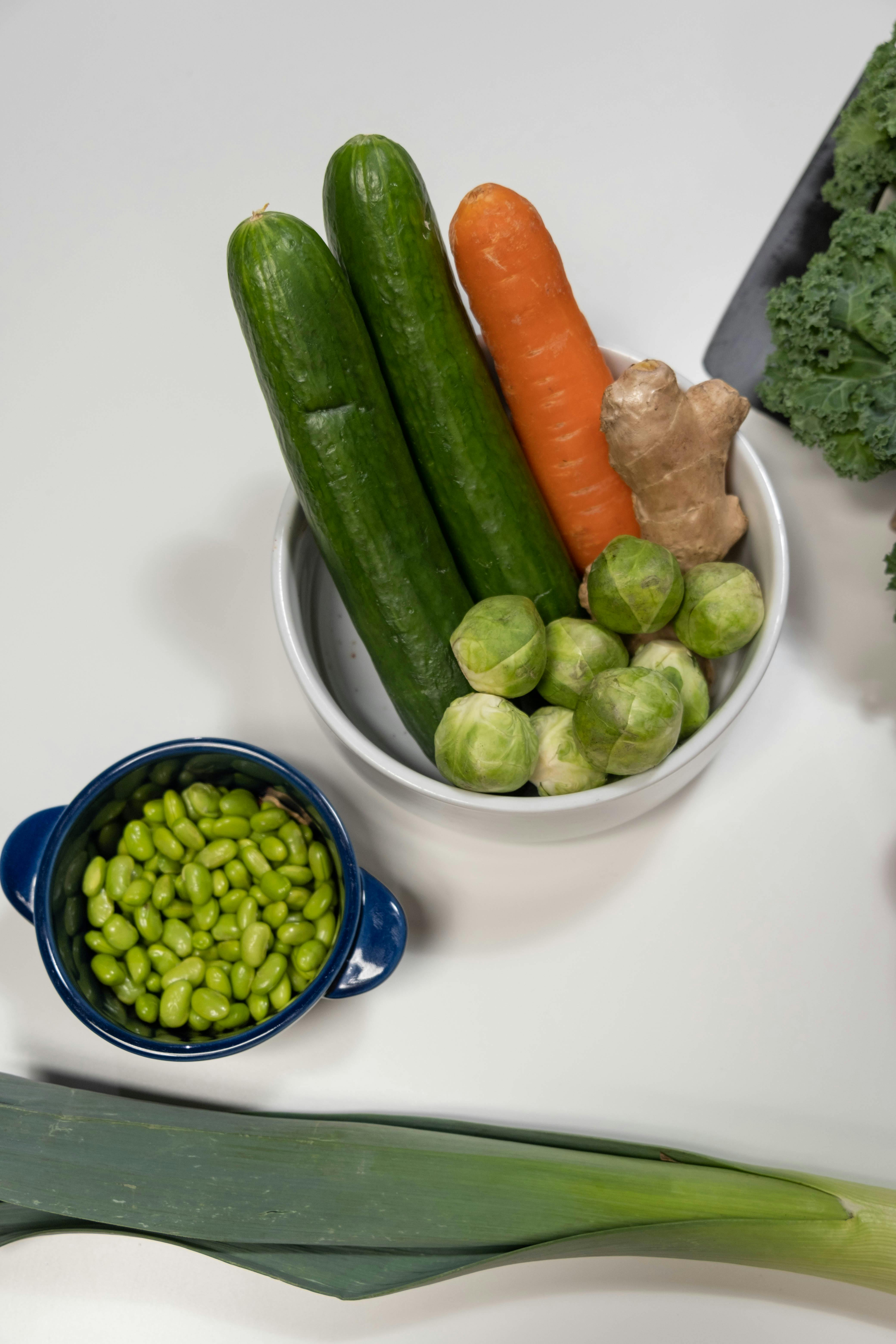Apply Now
Essential Overview of Cod Nutrition Facts
Understanding Cod's Nutrition Profile
Cod is a popular choice among seafood lovers looking to enhance their diets. Rich in protein and low in calories, cod serves as an excellent source of nutrition, making it a prime candidate for anyone aiming to lead a healthier lifestyle. It offers a variety of beneficial nutrients that contribute to overall health. By incorporating cod into your meals, you can enjoy a range of health benefits, including improved heart health and support for muscle gain.
This article highlights the top five cod nutrition facts that can enhance your diet in 2025, focusing on the nutritional profile, health benefits, cooking methods, and serving recommendations for cod. From its protein content to the vitamins and minerals it contains, understanding cod's nutrition is essential for making informed dietary choices.
Caloric and Nutritional Breakdown
When evaluating cod fish nutrition, it’s important to understand its caloric content. A serving size of 3.5 ounces of cooked cod contains approximately 90 calories, making it a low-calorie fish option ideal for those on a diet.
In terms of macronutrients, cod is highly regarded for its high protein content, boasting about 20 grams of protein per serving. This positions cod as an exceptional protein source, particularly for individuals focused on muscle gain and enhancing physical fitness. The nutritional facts cod provides demonstrate its efficiency as a mainstay in a balanced diet.
Vitamins and Minerals in Cod
Cod is not just a protein powerhouse; it is also rich in essential vitamins and minerals. Notably, it contains significant amounts of Vitamin B12, which is vital for nerve function and the production of DNA and red blood cells. Additionally, cod provides selenium, a mineral that supports immune function and thyroid health.
Including cod in your diet helps to round out your nutrient intake. For anyone seeking to boost their levels of these crucial vitamins and minerals, incorporating cod into weekly meal plans can be immensely beneficial. Further, its versatility allows for a variety of cooking methods, making healthy meals both exciting and nutritious.
Health Benefits of Consuming Cod Regularly
The benefits of fish, particularly cod, extend beyond its nutritional makeup. Cod is recognized for its role in promoting heart health due to its low fat content and high levels of omega-3 fatty acids. These healthy fats help to reduce inflammation and lower cholesterol levels, making cod an excellent choice for those mindful of cardiovascular health.
Moreover, the presence of omega-3 in cod plays a significant role in brain health and cognitive function. Therefore, adopting cod as a frequent part of your diet can yield beneficial outcomes not only for physical health but also for mental clarity. Its inclusion in dietary guidelines provides a solid recommendation for healthy eating practices.
Common Cooking Methods and Tips for Cod
If you’re wondering how to cook cod to retain its nutritional value while providing delicious meals, consider these popular cooking methods: baking, grilling, and steaming. Each method allows you to enhance the natural flavors of cod while preserving its nutrients.
1. **Baking**: Baking cod at a moderate temperature (about 375°F) for 15-20 minutes ensures a moist texture without added fats. A healthy cod recipe can involve seasoning it with herbs and spices for added flavor.
2. **Grilling**: Grilled cod can add a delightful smokiness while still keeping the fish light. Use olive oil and fresh herbs as a marinade to enhance the taste while maintaining its health benefits.
3. **Steaming**: This method preserves moisture and nutritional content while making for a simple, healthy meal option. Pair steamed cod with vegetables for a balanced dish.
These cooking tips not only bring out the best in cod but also align with nutrition advice for keeping meals healthy and satisfying.
Key Takeaways on Cod Nutrition
Why You Should Include Cod in Your Diet
In conclusion, understanding cod nutrition is crucial for those looking to improve their dietary habits. Cod is a nutritious fish that offers low calories, high protein, essential vitamins, and healthful omega-3 fatty acids. By incorporating cod into your meals, you reap the benefits of a heart-healthy, protein-rich food source while enjoying a variety of delicious recipe options.
Whether you’re looking to lose weight, build muscle, or just enhance your overall well-being, cod is an excellent addition to your diet. The various cooking methods allow for flexibility in meal prep, and with the health gains associated with regular consumption, cod is undoubtedly a wise choice for a balanced diet in 2025.
Exploring More Cod Recipes
For those interested in trying out new healthy dishes, consider seeking out recipes for cod such as cod fish tacos, baked cod with vegetables, or even cod curry for an exciting twist on traditional meals. Integrating more fish into your diet can lead to significant health improvements and enjoyably diverse meals. Don't forget to explore the nutritional seafood comparison with other fish like salmon, to give your dietary choices variety without sacrificing health benefits.

